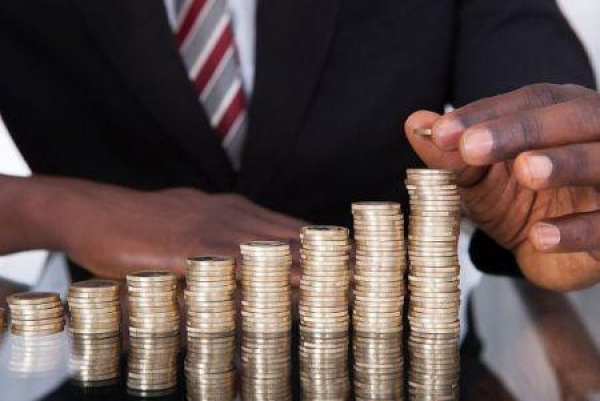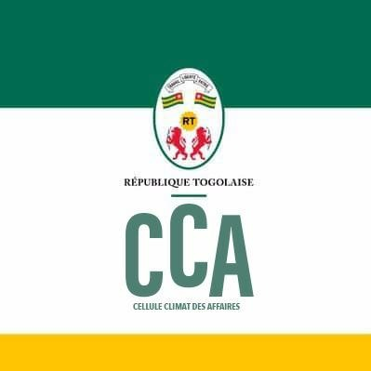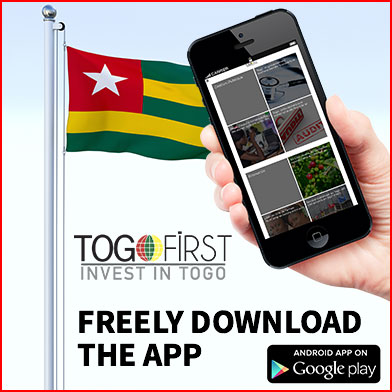Regional market: WAEMU countries seek $12.3 bln, this year, in an overheated market

(Togo First) - Faced with rising financing needs, a widening budget deficit, and difficult access to international financing markets, WAEMU countries are turning to the regional financial market. Once again, their target is up year-on-year this year in an overheated market.
The eight West African Economic and Monetary Union (WAEMU) countries recently unveiled their funding expectations from the regional public securities this year. Overall they want to raise CFAF 7,429 billion ($12.3 billion) by auctioning public securities through Umoa-titres, a regional central bank institution specialized in the management and promotion of public securities.
The targeted financing is up by 59% compared to 2022 when they were targeting CFAF4,672 billion from the market but finally raised CFAF 5, 254 billion.
As usual, Côte d'Ivoire has the greatest demand with a target of CFAF 2,080 billion. It is followed by Senegal, which seeks CFAF 1,565 billion to meet its financing needs. Mali, which was out of the market for the first half of 2022, is coming back with full force, aiming to raise CFAF 1,109 billion. Niger plans to raise CFAF 830 billion, while Burkina Faso plans to raise CFAF 630 billion. Togo plans to mobilize CFAF 580 billion against CFAF 515 billion for Benin. As for Guinea-Bissau, it seeks CFAF 120 billion.
The increased targets reflect the growing financing needs of WAEMU countries. The countries face large budget deficits and increasingly urgent financing needs. But because of restrictions on international financial market access, they are forced to turn to the regional financial market to meet their financing needs. This solution also poses some challenges.
The regional financial market has been an important tool for WAEMU countries to raise financing in recent years. However, the heavily pressured market is getting overheated.
Over the past nine months, the central bank (BCEAO) has raised policy rates four times to curb rising inflation, which was partly triggered by the massive liquidity injections made in 2020 and 2021 to boost the regional economy. The tightening of the Central Bank's monetary policy has led to an increase in market interest rates, which has made financing more expensive for countries.
In addition, with the rise in the supply of government securities, the market is getting saturated, resulting in higher interest rates being charged for these securities. Issuance operations are no longer as successful as they used to be, with yields rising wildly since the middle of last year and continuing to rise this year.
Fiacre E. Kakpo


















